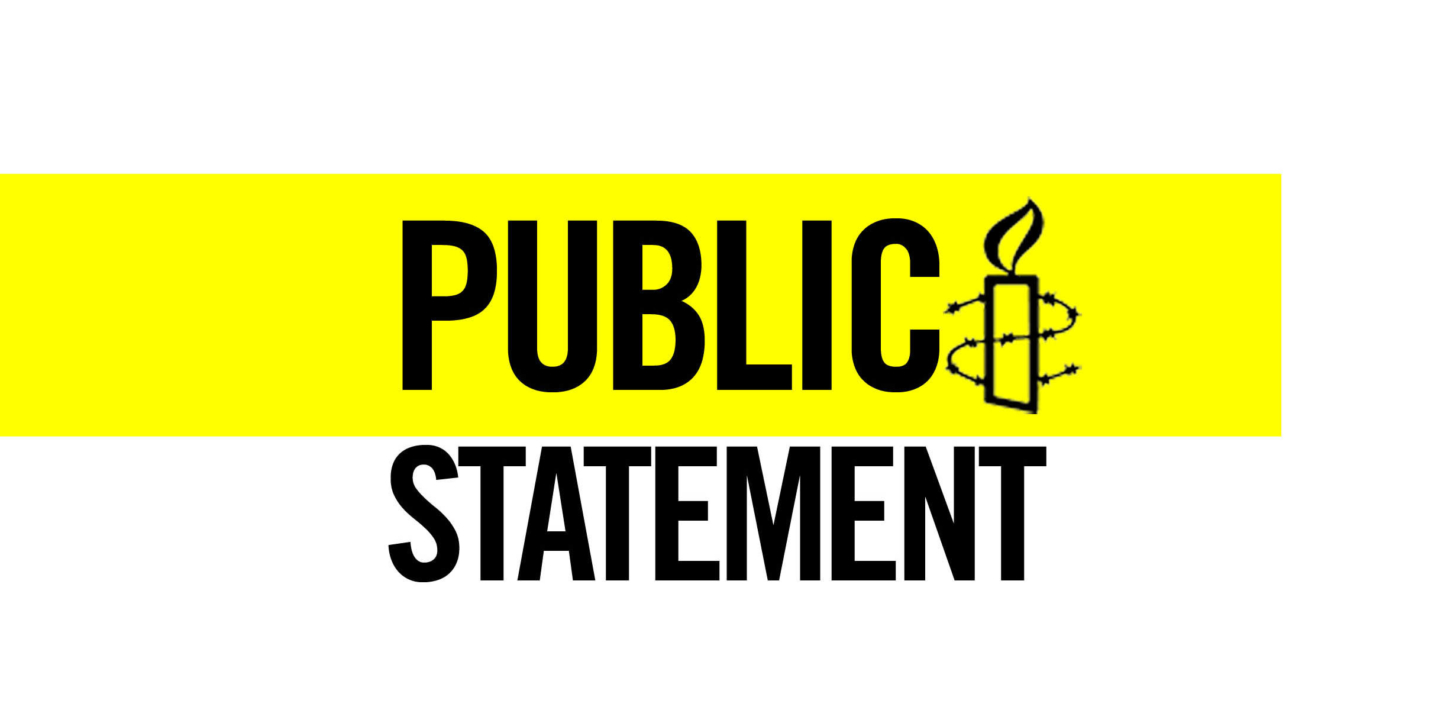Public Statement
The announcement by the Marcos administration that the Philippines will not rejoin as a State Party to the Rome Statute of the International Criminal Court (ICC) will not stop the ICC’s investigation into crimes committed in the country, Amnesty International said today.
On 1 August 2022 President “Bongbong” Marcos Jr announced that the Philippine government “had no intention of rejoining” the ICC, because there were sufficient domestic-level investigations. However, contrary to the government’s insistence that also underpins its efforts to defer the ICC’s investigation, there is no evidence the Philippines is willing to genuinely investigate and prosecute those suspected of human rights violations. The ICC Prosecutor has recently decided that the government’s deferral request should be rejected and requested the Pre-Trial Chamber to authorize the resumption of the investigation. The announcement of the government not to rejoin the ICC Statute, while regrettable, was not totally unexpected. As early as during the campaign period ahead of the May 2022 elections that he won, President Marcos said that the country has a “functioning judiciary”, and he therefore does “not see the need for a foreigner to come and do the job for us.” This is a complete turnaround in Marcos’s position in 2011, when as a senator he voted in favour of the Philippines’ ratification of the Rome Statute.
Up to his election and to date, President Marcos has yet to make any clear declaration to end the punitive approach to problems associated with drugs. However, on 8 August, in a speech to mark an anniversary of the Philippine National Police, he called on police to be “reasonable” and “justifiable” in their use of force. Newly installed police chief Gen. Rodolfo Azurin, while saying police would “try to preserve human life” in the continuation of the “war on drugs”, also did not comment on the overwhelming evidence pointing to police involvement in extrajudicial killings during government anti-drug operations. Alarmingly, data from Dahas – a multisectoral research project looking into violence and tendencies towards authoritarianism in the Philippines – show that at least 41 people have been killed as part of the “war on drugs” during the first month (1-31 July 2022) of the Marcos administration. This is a marked increase on recent figures, pointing to the continuation not just of the brazen lack of accountability seen during the previous Duterte administration, but also of the murderous approach to the “war on drugs” that has already killed thousands of people.
Although the Philippines will not rejoin the ICC statute, it still has a legal obligation to cooperate fully with the investigations commenced by the ICC’s Office of the Prosecutor prior to its withdrawal. This obligation is clear under Article 127 of the Rome Statute, which declares that “a State shall not be discharged, by reason of its withdrawal, from the obligations arising from this Statute while it was a Party to the Statute”, nor shall this withdrawal “affect any cooperation with the Court in connection with criminal investigations and proceedings”. It must be noted that the Philippines’ Supreme Court reiterated the obligation of the government to cooperate with the ICC’s investigation, in its decision in March 2021 on the petition questioning the government’s withdrawal from the ICC. Despite President Marcos’s announcement against rejoining the ICC statute, the government remains bound by this obligation.
Amnesty International has repeatedly emphasized that domestic-level investigations initiated by the government have been woefully inadequate and wholly lacking in credibility. To date, there remains virtually no accountability for the killings and other abuses committed in the context of the “war on drugs”.
This was confirmed in June by the ICC Office of the Prosecutor which, following the temporary suspension of its investigation activities to assess the government’s deferral request since September 2021, requested the ICC Pre-Trial Chamber to authorize the resumption of its investigation in the Philippines. In its request, the Prosecutor concluded that the deferral request was not substantiated and, in any event, the national proceedings referenced do not sufficiently mirror the Court’s investigation. It found that a significant part of materials provided by the government was irrelevant because it relates to domestic proceedings and initiatives that do not result in criminal prosecutions. In addition, the Prosecutor cited the lack of investigation of mid- or high-level perpetrators, systematic conduct or state policy, as well as drug related killings perpetrated by unknown armed persons as well as in Davao from 2011-16 among specific reasons for rejecting the deferral request. The deadline for the Philippine authorities to respond with observations on the Prosecutor’s re-authorisation request is 8 September. The Prosecutor will have an opportunity to respond to the additional observations submitted by the Philippine government by 22 September, after which the Pre-Trial Chamber will make its decision on whether to reopen the investigation.
In light of the government’s continued failure to investigate these violations and prosecute the perpetrators in the “war on drugs”, Amnesty International has called for these acts to be expedited for investigation by the ICC and investigated by states that have universal jurisdiction over crimes against humanity and other applicable crimes under international law.
As efforts to evade accountability continue under the Marcos administration, it remains imperative for the international community, including through the UN Human Rights Council, to continue to condemn the human rights violations that are being committed in the “war on drugs” and to demand an end to impunity for the killings and other human rights violations.
The organization continues to call on the Marcos administration to end human rights violations in the “war on drugs,” and adopt an approach grounded on respect for the rights to life, due process and health that thoroughly addresses the root causes of problems associated with drugs.


